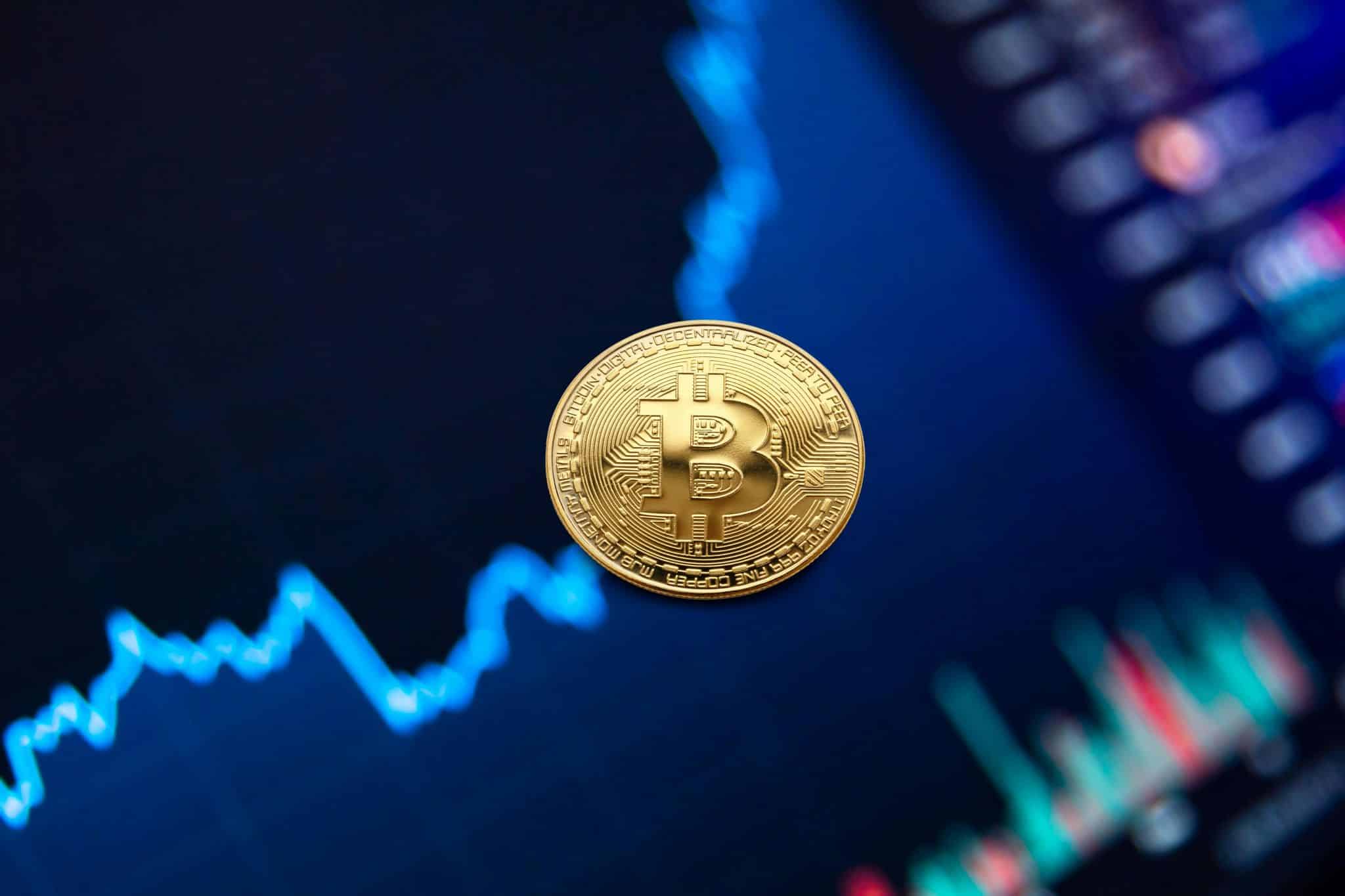 Remember how Manchester City’s Sheikh Mansour buyout in 2008 rocked football to its foundations? Or how PSG’s Qatari billionaires splurged €222 million on Neymar? Oil money completely transformed the financial system of football. But here’s what you should know: cryptocurrency is quietly establishing itself as the new game-changer in football finance.
Remember how Manchester City’s Sheikh Mansour buyout in 2008 rocked football to its foundations? Or how PSG’s Qatari billionaires splurged €222 million on Neymar? Oil money completely transformed the financial system of football. But here’s what you should know: cryptocurrency is quietly establishing itself as the new game-changer in football finance.
You’re witnessing the early stages of a financial revolution with the potential to reshape how clubs are operated, how fans engage, and how the beautiful game is paid. The parallel between oil money’s function and crypto’s increasing function is no accident; it’s structural.
How Oil Money Changed Everything
Oil-backed investments put money into football and changed the playbook entirely. Manchester City were transformed from Premier League newcomers to serial champions with over £1.5 billion of investment since 2008. PSG was transformed from a mid-table French club to an international giant that signed up Messi, Neymar, and Mbappé, and finally won the Champions League trophy.
These investments set off a chain reaction. Player transfer fees jumped by 1,700% between 2000 and 2017, driven largely by the influence of oil cash. Wage bills exploded. UEFA pushed back with Financial Fair Play rules in 2011, attempting to control what they couldn’t stop.
Yet the truth is that all monetary revolutions in football are resisted at first before ultimately becoming the norm.
Crypto’s Strategic Entry Into Football
You’re already seeing cryptocurrency’s involvement rise in football. Top clubs aren’t dipping their toes in, they’re diving headfirst. Barcelona’s partnership with digital currency platform Chiliz sold more than $5 million worth of fan tokens within hours of opening. Manchester City’s fan tokens traded $1.2 million in volume in their Champions League final appearance.
The sponsorship ecosystem is also evolving. Crypto.com secured a $175 million UEFA Champions League naming rights agreement up to 2030. FTX had inked over $135 million of deals with various sporting bodies prior to its collapse.
Stadium naming rights have become crypto battlegrounds. You’ll be reading about Crypto.com Arena in Los Angeles, and some football clubs are negotiating the same. It’s not a small-scale pilot test; they’re risking bets on brand exposure and market visibility.
Where Fans Meet Finance: The Betting Revolution
This is where crypto’s impact comes in really interesting for you as a football fan. The intersection of cryptocurrency and sports betting has created an entirely new world that’s remapping the way that people engage with the sport.
The traditional method of betting incorporated bank transfers, credit cards, and lengthy verification procedures. Cryptocurrency turned that situation upside down. Bitcoin, Ethereum, or some other digital currency can be utilized to place bets with much faster transactional speeds and enhanced privacy protection.
The numbers don’t lie: crypto sports betting volumes increased by 300% from 2020 to 2023. Football provides approximately 40% of the global crypto sports betting volume. Once you’re ready to use BTC for betting on your next match by your favorite team, you’ll be surprised at how convenient it is compared to traditional methods.
This isn’t a change for convenience purposes alone. It’s creating new revenue streams for clubs and leagues. Some forward-thinking firms are opening doors for partnerships with crypto bookmakers, and they can see that fan engagement through betting is an enormous growth space.
The appeal is plain: instant deposits and withdrawals, lower transaction fees (typically 0.5-2% vs. 3-5% through conventional means), and accessibility for fans in regions where conventional banking might be restricted.
The Institutional Adoption Wave
You are witnessing leading clubs test crypto integration beyond mere sponsorships. Arsenal released $AFC fan tokens that were sold out in 90 minutes, raising $30 million. Juventus made over $25 million through similar initiatives.
But the game-changer could be crypto-backed models of ownership. While the money from oil requires tens of billions of dollars of initial capital from sovereign wealth funds or billionaires, cryptocurrency makes fractional ownership possible through tokenization. Imagine owning a verified share of your favorite club based on blockchain-based shares.
Smart contracts have the ability to revolutionize player transfers and wage structures. Transfer fees can be sent automatically from several different entities, and bonus payments for performance can be triggered instantly once conditions are met.
Dealing with the Challenges
Whereas oil wealth was regulated, football cryptocurrency also faces opposition. Volatility risks were highlighted by the 2022 FTX collapse, which affected sports partnerships worth hundreds of millions.
Environmental issues persist over Bitcoin mining’s high energy consumption. UEFA and FIFA are more focused on sustainability goals, and those present potential contradictions with high-energy-consuming cryptocurrencies.
Regulations remain different globally. One may be permitted in a country but prohibited in another, so it becomes more complex for global cooperation and fan engagement strategies.
The Verdict: Evolution or Revolution?
So, is crypto actually the new football oil money? The indications are that it’s similar but significantly different.
Like oil wealth, cryptocurrency brings massive pools of capital and rewrites traditional business models. But, as opposed to the centralized power of oil wealth, crypto enables democratized participation. You don’t need to be a sovereign wealth fund to have a stake in football’s financial future.
The path is clear: the integration of cryptocurrency into football is not an ephemeral phenomenon but a structural shift. Whether it is complementing the role of oil money is debatable, but surely, it is creating parallel routes for financial transformation.
As you see this evolution unfold, remember that every major change in football finance, from television deals to oil money, has initially raised skepticism before becoming integral to the sport. Cryptocurrency does not appear to be bucking the trend, merely with digital currency instead of petroleum revenues.





















